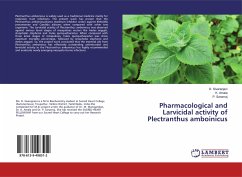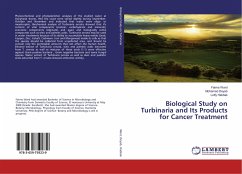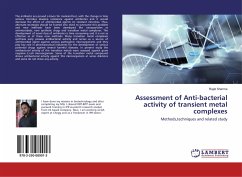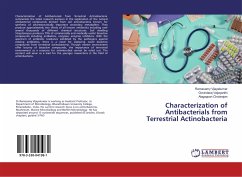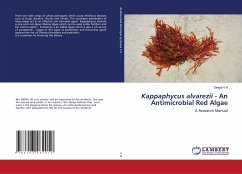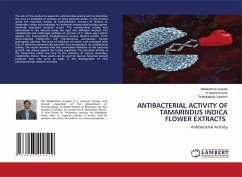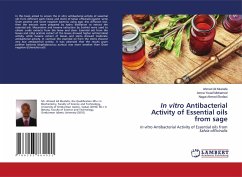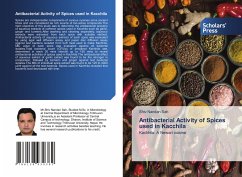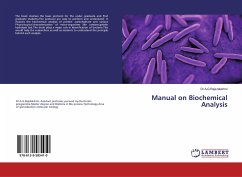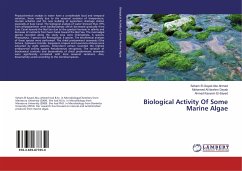
Biological Activity Of Some Marine Algae
Versandkostenfrei!
Versandfertig in 6-10 Tagen
51,99 €
inkl. MwSt.

PAYBACK Punkte
26 °P sammeln!
Physicochemical analysis in water have a considerable local and temporal variation, these mainly due to the seasonal variation of temperature, tourism activities and the new building of agriculture drainage station especially at Suez Canal. The biological analysis of water showed that, 97% from phytoplankton were bacillariophyta which decreased gradually from Suez Canal toward the Red Sea due to the gradual increase in salinity and decrease of nutrients from Suez Canal toward the Red Sea. The macroalgal species recorded along the study area were Chlorophyta, 6 species; Phaeophyta, 7 species an...
Physicochemical analysis in water have a considerable local and temporal variation, these mainly due to the seasonal variation of temperature, tourism activities and the new building of agriculture drainage station especially at Suez Canal. The biological analysis of water showed that, 97% from phytoplankton were bacillariophyta which decreased gradually from Suez Canal toward the Red Sea due to the gradual increase in salinity and decrease of nutrients from Suez Canal toward the Red Sea. The macroalgal species recorded along the study area were Chlorophyta, 6 species; Phaeophyta, 7 species and Rhodophyta, 6 species. The biochemical analyses of these species were performed. The dried predominant seaweeds (Ulva lactuca, Cystoseira trinodis, Sargassum crispum and Laurencia obtusa) were extracted by eight solvents. Chloroform extract recorded the highest antibacterial activity against Pseudomonas aeruginosa. The variation of biochemical contents and biosensitivity of dried predominant seaweeds were significantly correlated with local seasonal variations. Also, biosensitivity varied according to the microbial species.



